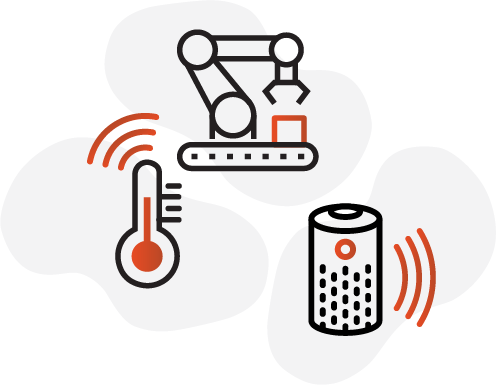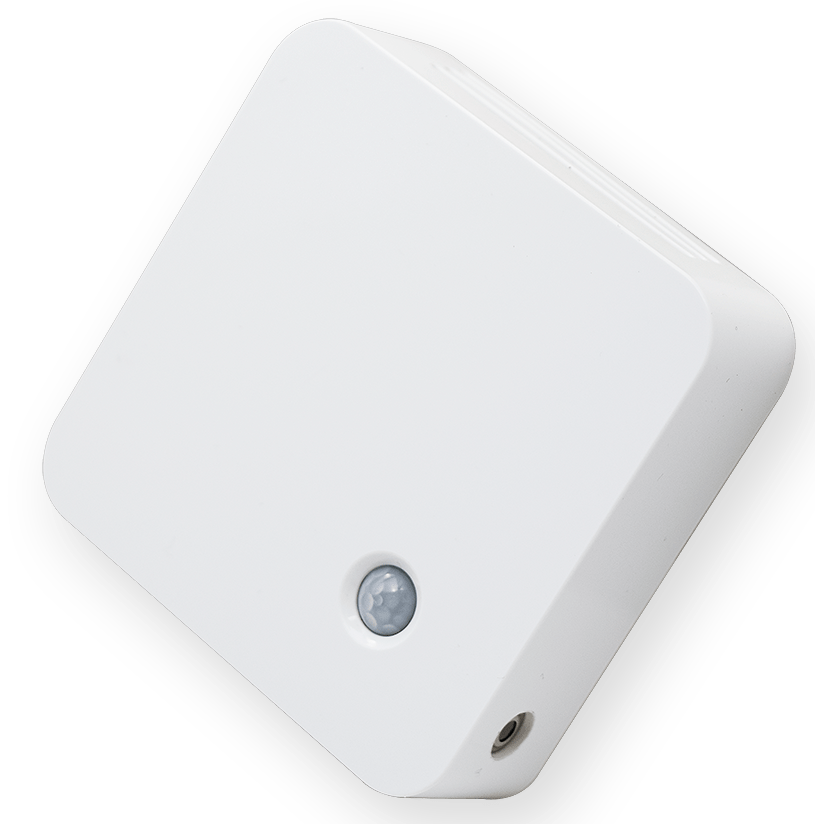What is an IoT device
A short guide on what IoT devices/hardware is

What is an IoT device
An IoT device is a type of device that is connected to the Internet and is capable of collecting and transmitting data. These devices are often much smaller than a traditional computer and can range from a portable computer to a sensor located in a machine. IoT devices can be used to monitor and control a variety of things, such as lights, temperatures, sound, motion, and much more. They are frequently used in conjunction with smart technology, where they assist in making the home more intelligent and user-friendly.
IoT devices can be connected to the Internet in many different ways. Some devices have built-in wireless Internet, while others require connection to a router or other device that can provide Internet access. Once an IoT device is connected to the Internet, it can send and receive data to and from other devices and services. For example, an IoT sensor that measures the temperature in a room can send data to an app on your smartphone, allowing you to view the temperature in real-time.
How are IoT devices utilized?
One of the major advantages of IoT devices is that they can automate many tasks and make them more efficient. For example, an IoT thermostat can adjust the temperature in a house based on the indoor temperature, which can help save energy. An IoT doorbell can send a message to your smartphone when someone rings it, allowing you to speak to them through the door even if you're not at home.
IoT devices can also be used for home monitoring and security. For example, an IoT surveillance camera can send live video to your smartphone, allowing you to see what's happening in your home even when you're not there. An IoT alarm can automatically arm itself when you leave home and send a notification to your smartphone if it's triggered.
In an industrial context, IoT devices can be used to monitor and control a wide range of industrial processes and equipment, such as production lines, machines, transportation systems, and infrastructure. They can help improve productivity, reduce operating costs, and prevent breakdowns. IoT devices can also be used to collect data from various sources and analyze it to make better decisions and optimize processes.
IoT devices and security
While IoT devices can make many things easier and more convenient, there are also some security concerns that come with them. As IoT devices are connected to the Internet, they are potentially vulnerable to hacking and cyber attacks. It is therefore important to take the necessary precautions to protect them and keep them secure. This may include regularly updating the software, choosing a strong password, and considering using a security solution that can protect against threats on the Internet.
How does the future look for IoT devices?
In the future, the number of IoT devices is expected to grow significantly. According to estimates, there will be over 75 billion IoT devices in the world by 2025, which represents an increase of over 200% from the number in 2020. This is due to the fact that IoT technology is becoming cheaper and more accessible, as well as more and more businesses and organizations are starting to see the benefits of using IoT devices.
As IoT technology continues to evolve, it is expected that even more new and innovative ways to use IoT devices will be invented. This could include everything from improving efficiency in industrial processes to helping people lead a healthier lifestyle. Whatever the future holds, IoT devices will continue to play a central role in our daily lives and help us make many things easier and more convenient.

At Iterator IT, we provide consulting services to our clients regarding the selection of IoT devices. We assist in sourcing the appropriate IoT devices by providing access to our hardware development partners. We ensure that the selection of IoT devices aligns with your overall goals for your IoT implementation. If you are interested in learning more about our IoT solutions, you can browse our case page and read about what we have developed for other companies.
Alternatively, you are welcome to contact us either through our contact form here or call our CEO Casper at +45 31 39 05 69